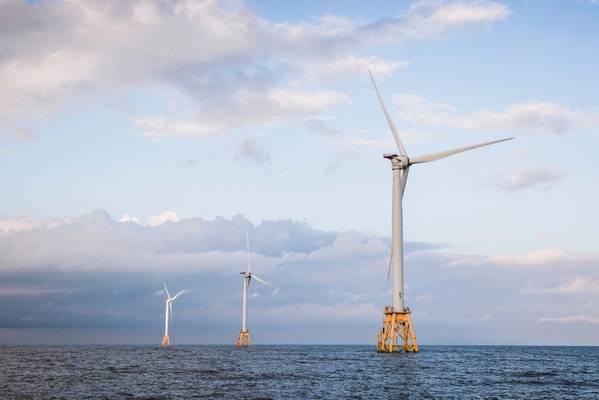
Norway's Equinor booked a $300 million impairment on its U.S. offshore wind power portfolio on Friday after New York officials rejected a request for better terms, but said the state's continued commitment to the technology still offered hope.
The charge, announced during Equinor's earnings, comes two weeks after New York regulators turned down the company's petition to renegotiate the terms of its offshore wind projects because of soaring costs and supply chain constraints.
"We were disappointed by the rejection of the price adjustment for the contracts," Equinor CEO Anders Opedal told the group's earnings presentation.
"But shortly after, New York's governor announced a 10-point plan and we are in the process of looking at what that means for us and the potential opportunities for our projects."
The plan included a potential expedited new auction presented by New York regulator NYSERDA late last Thursday, Opedal said.
In the document, NYSERDA mooted the possibility of new offshore wind awards in the first or second quarter next year that would also be open to projects that "were previously contracted with NYSERDA or other state offtakers".
Equinor and partner BP BP.L are planning to build the Empire Wind 1, Empire Wind 2 and Beacon Wind farms off New York. They will have a combined capacity of 3,300 megawatts, capable of powering 2 million homes.
Opedal said in order to go ahead with the projects Equinor needed to see "reasonable profitability" and "robustness compared to the risk".
Worldwide, a perfect storm of supply chain delays, design flaws and higher costs in the offshore wind industry has put dozens of projects at risk of not being delivered in time for countries to meet climate goals.
Equinor's impairment contributed to increasing the net operating loss at its Renewables unit to $412 million from $56 million a year ago.
In documents relating to the petitions, Equinor and BP said they were facing upfront capital investments for these projects "in excess of $20 billion".
(Reuters - Reporting by Nora Buli and Nerijus Adomaitis; Editing by Christian Schmollinger and David Holmes)